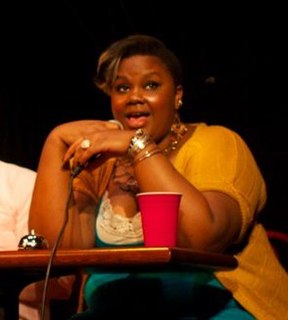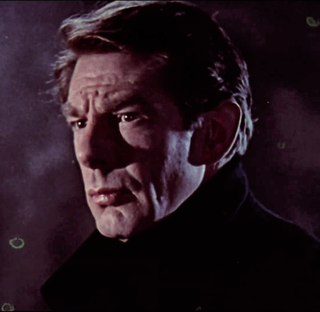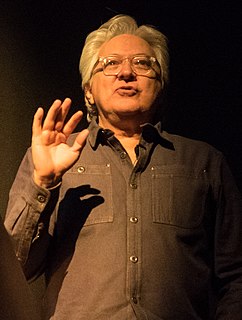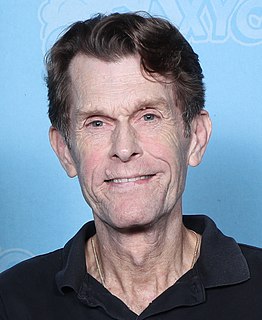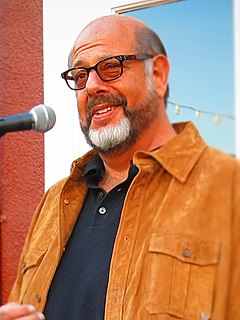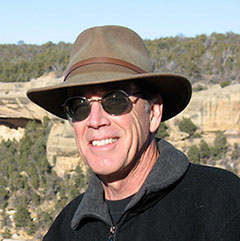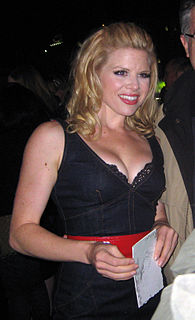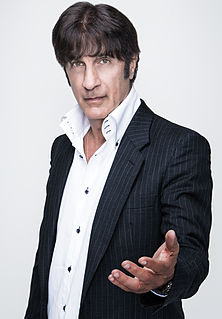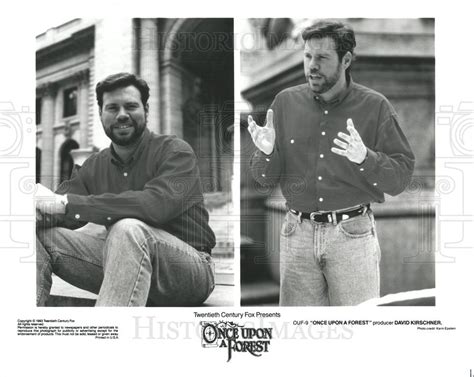A Quote by Denis Johnson
I was probably 35 when I wrote the first story. The voice is kind of a mix in that it has a young voice, but it's also someone who's looking back. I like that kind of double vision.
Related Quotes
Something like Deckard Cain is great; it doesn't ruin your voice. But games that involve violence or battle or mutating and stuff like that really does take a toll on your voice. And I've even had to start to go to a voice guru kind of guy to do exercises to try to save and get back some of what I lost.
There are no words and there is no singing, but the music has a voice. It is an old voice and a deep voice, like the stump of a sweet cigar or a shoe with a hole. It is a voice that has lived and lives, with sorrow and shame, ecstasy and bliss, joy and pain, redemption and damnation. It is a voice with love and without love. I like the voice, and though I can't talk to it, I like the way it talks to me. It says it is all the same, Young Man. Take it and let it be.
The voice-over world has changed radically in the time that I've been in it. It used to be this rather small, select group of people who did 90 percent of the work. Now it's kind of the reverse: 90 percent of the work is done by this very broad mix of people all over the country, and the guys who used to be the go-to guys are a much smaller percentage now. But there was this massive interest in voice-over as well as in the story, so I think that also added to the film's appeal.
In a sense my whole life as a writer is trying to find structural ways, or formal ways, to permit that outflowing so it doesn't just look like crazy output. In other words, if it turns out that you can do a given voice, that's just kind of inclination. But then if you can find a way to put that voice in a story so that the voice serves a purpose, then I would say that's being a writer.
There was a whole cut of the movie where Tom Holland decided to try a woman's voice for the voice of Chucky, proceeding from the logic that it worked with Mercedes McCambridge voicing the voice of Satan in "The Excorsist" so he thought he would give it a try. It didn't really work. Chucky just sounded kind of gay.We brought that back in Seed of Chucky.

